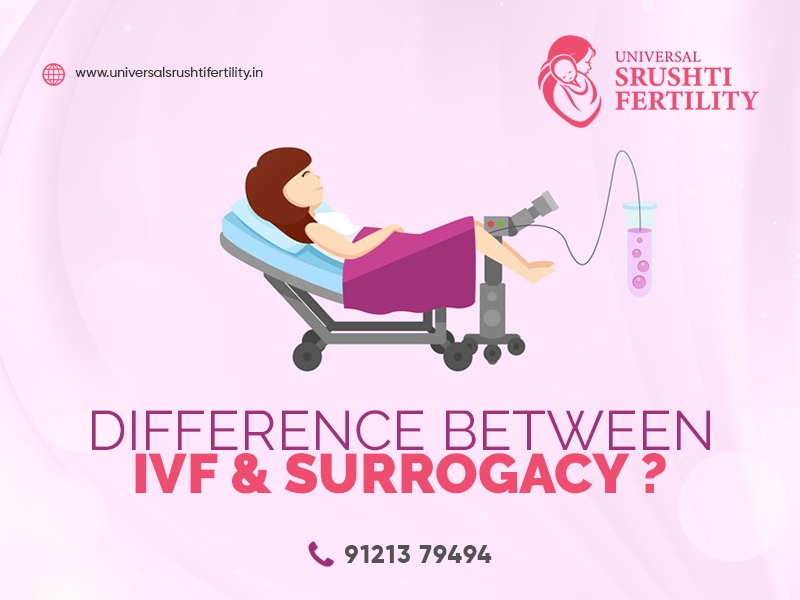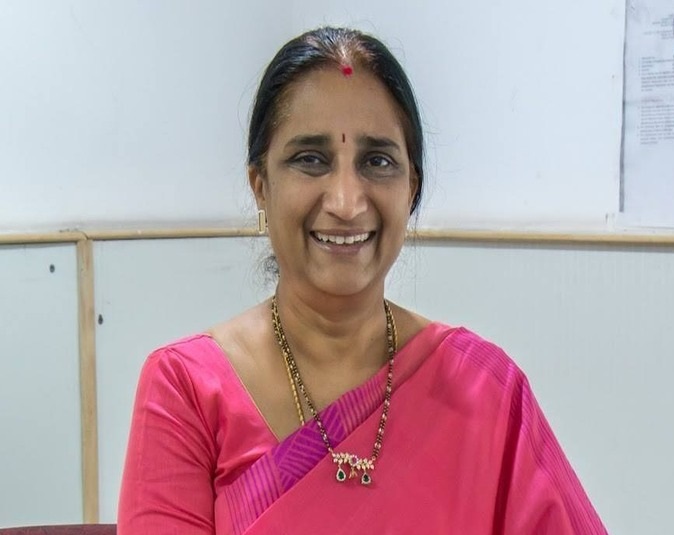With the progress of medical science and numerous researches on infertility problems and their treatment, finally, experts made it possible to become a parent even with infertility. Often people say we live in a fast generation; it may be true because our sedentary lifestyles and unhealthy habits increase the risk of infertility.
But there’s nothing to worry about, medical technology is also developing rapidly, and the available advanced techniques can treat those problems effectively. Both males and females are at equal risk of infertility problems. So when a couple unable to have a baby even after years of unprotected sex, first consult a fertility doctor as soon as possible. For people who visit Srishti Fertility Clinic, we diagnose the infertility problem first and then explain infertility treatments, including Test Tube Baby and Surrogacy.
You may have heard about IVF, often called test-tube baby and surrogacy. These two are common ART procedures showing the way to have a child of their own. Most of us think they are of the same procedures, but actually, they are quite different. Let’s find out the differences between them.
Surrogacy vs. IVF
Before choosing any procedure for infertility, one must have knowledge about the methods so that they can be more confident during their hard time. The terms ‘IVF’ and ‘Surrogacy’ might be confusing most of the time. However, we will make sure you understand the difference and how the procedure helps you to have a baby.
In both procedures, fertilization is facilitated artificially, outside the woman’s womb in a lab. The main difference is the transfer of the embryo; it is transferred either to the mother’s womb or to the surrogate’s womb.
What is IVF Procedure?
IVF – In vitro fertilization is a procedure that begins with hormone therapy. Specific medication is used to promote ovulation and the development of eggs within the ovary. With the help of medication, ovaries are triggered to release more than one egg, and these eggs are collected to fertilize with sperm in a lab and placed in an incubator.
For every couple, we create a maximum number of viable embryos to increase the chances of conception. The embryos are kept under observation for 4 to 6 days; later, one or two healthy embryos will be transferred to the mother’s womb for implantation.
What Is Surrogacy & How it is different from IVF?
Surrogacy is the next step to an IVF procedure chosen by the infertile couple when they failed to have a baby naturally. Up to embryo formation, the surrogacy process is the same as IVF. In the Surrogacy procedure, the fertilized embryos are implanted in another woman’s womb called the surrogate mother. If everything goes well, the surrogate mother gives birth to a baby after nine months.
Surrogacy is opted by very few couples when there are no other options available to have a baby. It is chosen when the woman experiences repeated miscarriages when the couple tries for many years and is unsuccessful. Other reasons to choose surrogacy are Hysterectomy & fragile health conditions of a woman that prevents from carrying a pregnancy or tends to develop further health complications and risks.
After giving birth to a baby, the surrogate mother will hand over the baby to the couple whose embryo was implanted. Surrogacy is of different types, and it is suggested based on the severity of the problem in both males and females.
The baby carries the genes of the original parents. But the baby grows in the surrogate mother’s womb. Surrogacy is a complicated procedure compared to IVF because it is associated with many legal, emotional and financial factors. However, both treatments aim to bring a smile to the face of couples who are infertile.
Indian aspects of surrogacy
The union cabinet passed the surrogacy bill in February 2020 with the following features:
- Any woman who is “willing” can be a surrogate mother.
- Not only infertile couples, widows & divorced women can also choose surrogacy.
- All forms of commercial surrogacy are prohibited except altruistic surrogacy.
- Only Indian couples can opt for this provision.
- The insurance cover for a surrogate mother has also been increased to 36 months from 16 months.
Every couple desires to have a child of their own and feel the joy of enjoying parenthood. Our fertility experts can help you to fulfil your desire for parenthood. To know more information, consult our fertility doctor at Srushti Fertility center


